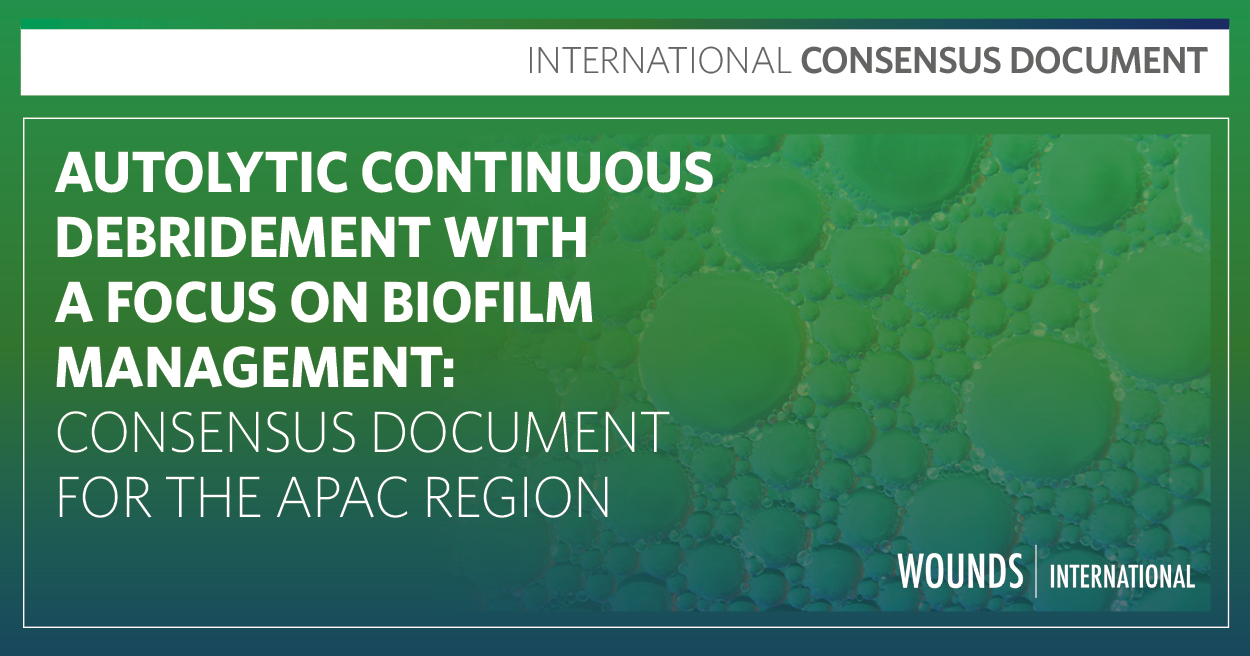The global prevalence of diabetes and diabetic foot ulcers (DFUs) is increasing, with growing threat of morbidity, amputation and mortality. In the Asia-Pacific (APAC) region, this issue is particularly urgent. The International Diabetes Federation (IDF) estimates that there were 537 million people living with diabetes globally in 2021, and that this number will increase to more than 700 million by 2045; Western Pacific and Southeast Asia regions are included in the area where diabetes is expected to increase most rapidly (IDF, 2021). Up to a third of people with diabetes worldwide will develop a DFU over the course of their lifetime, and direct costs of diabetes-related care was $237 billion in 2017 (Armstrong et al, 2017; Armstrong et al, 2020).
There are factors unique to the APAC region—cultural, geographical, health-related and socio-political—which require specific considerations. In the APAC region, too many people, especially women, are unable to receive the medical treatment they need due to high costs and difficulties in seeing a clinician or health care provider in rural areas. High prevalence of diabetes in the APAC region accounted for over 60% of the 5.1 million deaths caused by diabetes globally in 2013 (Organisation for Economic Co-operation and Development [OECD], 2020). Moreover, of the 215 million people living with diabetes in the region, half of them are underdiagnosed and unaware of long-term diabetic complications. To address these issues, a group of experts from the APAC region convened for an online meeting in August 2022 to develop this international consensus document, focusing on the assessment and treatment of DFUs to prevent infection and other complications.
This consensus document aims to:
- Provide an overview of the growing burden of DFUs in the APAC region
- Provide a framework for accurate assessment and diagnosis
- Clarify the need for thorough evaluation, including testing and diagnostic technology
- Provide a clinical pathway for use in practice, tailored for use in the APAC region
- Provide guidance for management of complications such as infection, focusing on an antimicrobial stewardship (AMS)-informed approach
- Add to the evidence base and guidelines available in the APAC region
- Focus on education and the future, in order to tackle the growing problem of DFUs and improve outcomes.
The guidance in this document aims to equip clinicians to deal confidently with DFUs and any associated complications, with the emphasis on the patient and providing patient-centred care. The overall aim is to improve outcomes for patients and their quality of life.






